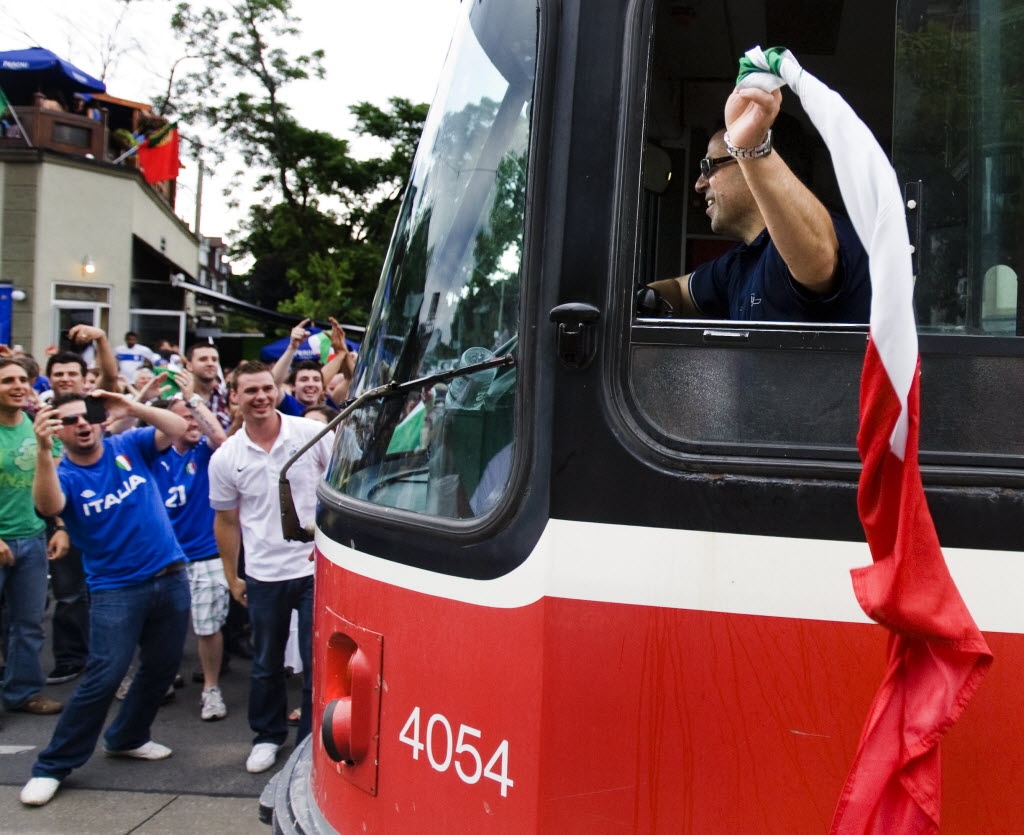Toronto will host several matches of the 2026 FIFA World Cup at BMO Field but will not provide free public transit for ticket holders, departing from the tradition observed since 2014. FIFA has relaxed its requirements, no longer mandating free transit for fans, a shift described by city officials as “a huge step backwards.” Despite this, Toronto’s environmental plan emphasizes low-carbon transportation, proposing alternatives such as free parking at TTC lots, increased GO Transit service, and expanded bike facilities. While access to the venue remains convenient via multiple transit options, the absence of free rides represents a notable change from previous World Cup tournaments.
Changes in Transit Policy for 2026 World Cup Matches
For the upcoming 2026 FIFA World Cup, Toronto will host several matches at BMO Field. However, the city has announced that it will not provide free public transit for ticket holders during the event. This marks a departure from practices established in previous tournaments, where free transit access was a standard benefit for fans attending matches.
FIFA’s Evolving Requirements
Since the 2014 World Cup, FIFA mandated that host cities offer free public transportation to match ticket holders to facilitate smooth and sustainable travel to venues. For the 2026 event, FIFA has eased this requirement, allowing greater flexibility for host cities. City officials have characterized this change as “a huge step backwards,” emphasizing concerns about potential impacts on fan experience and environmental objectives.
Toronto’s Alternative Transportation Measures
Despite discontinuing free transit passes for World Cup attendees, Toronto plans to support sustainable and low-carbon travel options consistent with its broader environmental goals. Key strategies proposed include:
- Free parking availability at Toronto Transit Commission (TTC) lots to encourage car-to-transit commutes.
- Enhanced GO Transit service to accommodate increased passenger volume during match days.
- Expansion of bike parking and facilities to promote active transportation modes.
Accessibility and Convenience Remain Prioritized
Organizers continue to assure fans that accessing BMO Field will remain convenient through multiple transit options including streetcars, buses, and regional trains. While the no-free-transit policy represents a change, the city is focusing on maintaining a comprehensive transportation network to manage the influx of attendees efficiently.
Implications for Attendees and the City
The removal of free transit passes potentially affects ticket holders’ travel costs and could influence transportation choices. City planners stress that the alternative measures are designed to mitigate congestion and align with Toronto’s commitment to environmental responsibility. However, some stakeholders worry about increased expenses for fans and possible strain on transit infrastructure during the tournament.
Looking Ahead
As the 2026 World Cup approaches, Toronto’s transit and event officials continue to refine plans to balance logistical feasibility, fan convenience, and sustainability. Updates on transportation arrangements are expected as match dates near, with communications aimed at ensuring transparent and timely information to all participants.
Conclusion
Toronto’s decision to forgo free public transit for 2026 FIFA World Cup ticket holders marks a significant shift from previous tournaments and reflects FIFA’s relaxed mandates for host cities. While this change has raised concerns regarding increased costs and environmental impacts, the city is proactively implementing alternative transportation strategies to support sustainable access to BMO Field. Enhanced GO Transit services, free TTC parking, and expanded cycling facilities aim to facilitate efficient and low-carbon travel. As preparations continue, Toronto remains committed to balancing fan convenience, infrastructural capacity, and environmental goals to ensure a successful and accessible World Cup experience.

